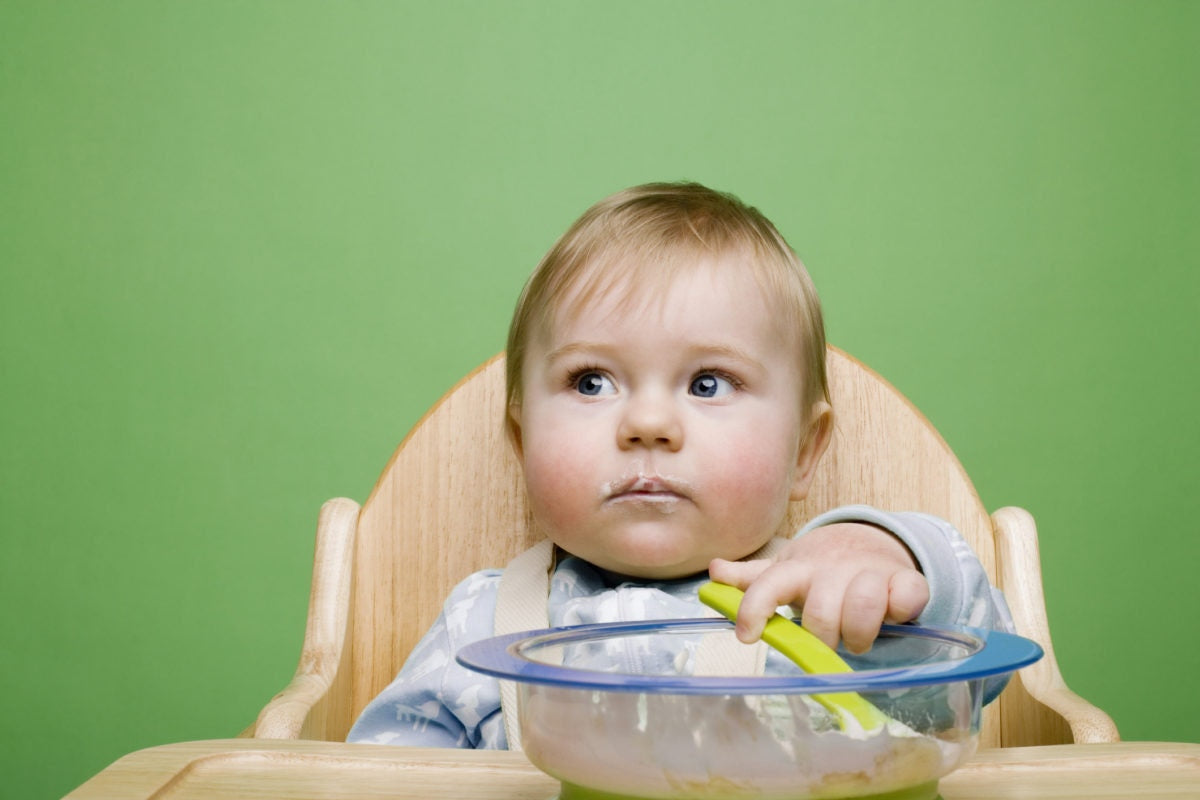There came a day, about 10 months into motherhood, when I lifted my head from naptime routines and baby-led weaning and wondered just when the old ‘me’ had wandered out the door.
That was the day I decided I had to get back to doing the thing that defined me before the word ‘mom’ did, and to find space for both versions of me.
Babies are wonderfully all-consuming little creatures. They’re designed that way. But for the 10 to 15 percent of moms who suffer with postnatal depression or anxiety, part of the struggle is an overwhelming sense of loss – the feeling that you’ve surrendered yourself along the way, that you’ll never get back to who you were or be able to find time for yourself again.
Although medication has traditionally been the first port-of-call, studies are investigating different methods of treatment for mild cases. According to Christina Hibbert, clinical psychologist and founder of the Arizona Postpartum Wellness Coalition, medication is often not an appropriate first treatment. Many women take the wrong drug for their needs or don’t want to take medication while nursing.
Psychotherapy or “the talking cure” is the tried-and-tested alternative. But could creativity have a complementary part to play in tackling PND, too?
In 2008, researchers in the UK set up a group called Time for Me designed for mothers experiencing mild to moderate PND. The group provided a safe space where they could express their creative side, and this, in turn, led to behavioral change. Although the study was small-scale, the researchers suggested that arts therapies could complement conventional treatments.
Even if it feels like there’s just no room in your schedule, here’s why you need creativity in your life:
Creativity charges up your happiness
Researchers at the University of Otago in New Zealand found that creative activities led to an “upward spiral” of wellbeing. Those taking part in the program reported feeling more enthusiastic and “flourishing” more than usual following days when they’d done something creative.
While successful completion of the bedtime routine often just has to be marked with a movie and a large glass of wine – you know, just for survival – it can be primetime for creativity, too. Making that effort to create, rather than consume, can leave you feeling more balanced and relaxed for whatever the next day has to throw at you.
It gives your mind something else to work on
Whether you’re painting seascapes, sewing patchwork quilts, or growing a garden, creative pursuits can help call time on overthinking. It’s about making something from nothing, instead of making something out of nothing.
Physician Carrie Barron, author of “
The Creativity Cure”, recommends choosing manual activities, claiming that using our hands to make something serves to “honor anatomical intent.” In other words, it gets us out of our heads and puts us back in our bodies.
It helps you carve out time for yourself
That concept certainly isn’t on the ‘features and benefits’ billboard for motherhood. Before I started writing again, my anxiety would focus around my daughter’s nap schedule because I was starving for time to myself, desperate for a break and not sure how I’d cope without one. Now, once a week, I take time to just go write stories.
Of course, I feel guilty as I kiss my daughter goodbye, hold my breath, and march out of the house. And, of course, none of us need a justification to have time alone. But somehow this feels more worthwhile to me, because I’m going to do something with my time – to make something new.
It offers you community
When my child was born, I didn’t want to talk about anything but babies. Then suddenly, I needed to talk about something – anything – else.
Whether it’s online or in person, your creative hobby gives you something in common with people who just aren’t that interested in the Gina Ford debate. Heck, they may not even know you’re a mom. Perfect.
It teaches you to handle failure
Edwin Land famously said, “An essential aspect of creativity is not being afraid to fail.” If we can learn to live with our mistakes in crochet or watercolor, then we can apply the same to our parenting fails.
Our kids need us to model trying new things, making time and space for our own mental health and treating ourselves with kindness when we fail. That’s how they’ll learn kindness, toward themselves and others.
That’s how they’ll figure out that their best is good enough, too.



